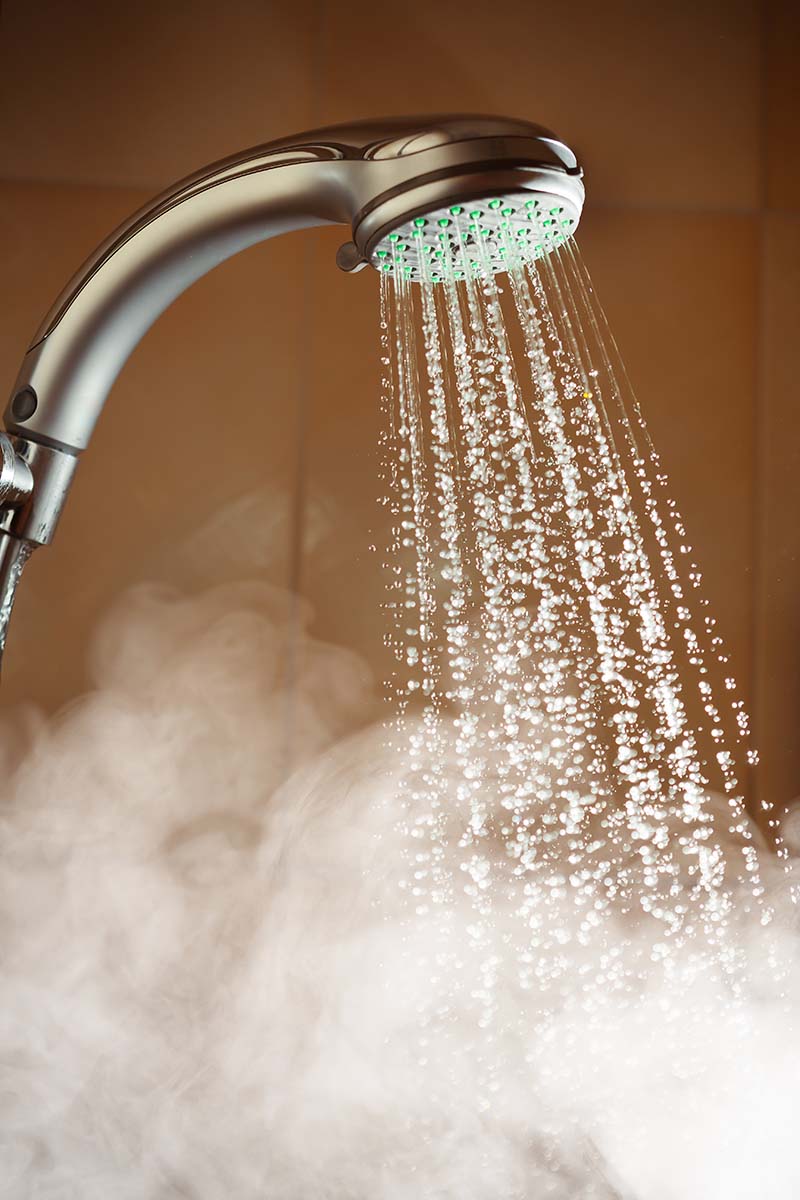Keep Your Hot Water Costs Low with These Practical Tips
A continuous supply and flow of hot water is every homeowner’s dream. That’s why you should consider installing a hot water unit in your home. However, hot water units rely on electricity, which is why you have to run it efficiently to save energy. Fortunately, keeping your hot water costs low is not a daunting task if you know what you have to do. With that in mind, here are some practical tips on how you can run your hot water unit more efficiently and reduce your hot water costs.

Reduce Your Hot Water Usage
Using less hot water is one easy way to keep your hot water costs low. The larger the amount of hot water you need, the more the power needed to heat it. Reducing your hot water usage doesn’t necessarily mean restricting the number of people using hot water. You can simply invest in low-flow fixtures such as faucet aerators and low-flow shower heads. These fixtures can reduce your hot water consumption by a significant margin. Besides using less energy, you will also save on your water bill.
Insulate Your Hot Water Tank and Exposed Pipes
Heat loss is one of the major contributors to high hot water costs. Therefore, if your hot water tank is not insulated, consider insulating it. There’s a range of insulating options to consider, but insulating blankets are often preferred because they are inexpensive and quite easy to install. If you don’t have a hot water tank, perhaps because you don’t use a storage hot water system, insulate the exposed pipes instead to prevent heat loss.
Lower Your Thermostat
Lowering the temperature of your hot water heater will also help reduce your hot water costs. That’s because less electricity will be needed to get the water to the temperature you need. Lowering the temperature does more than just save you from high hot water bills. It also prevents your family from the risk of burns or scalding.
Drain Your Tank Regularly
Sediments will build up in your hot water tank over time. This will affect the efficiency of your hot water unit. That’s because sediments will make your hot water heater work harder, using more electricity in the process. Draining the sediments is easy and if you are a handy person, you can do it yourself. Simply turn off the supply of both water and power to your unit. You then have to connect your garden to a spigot, which will in most cases be at the base of your tank. The last step will be to simply lift the pressure relieve valve of your tank to drain the sediments. If you aren’t a handy person, get in touch with a local water heater inspector. Signature Plumbing Company is here help. Call us today!
